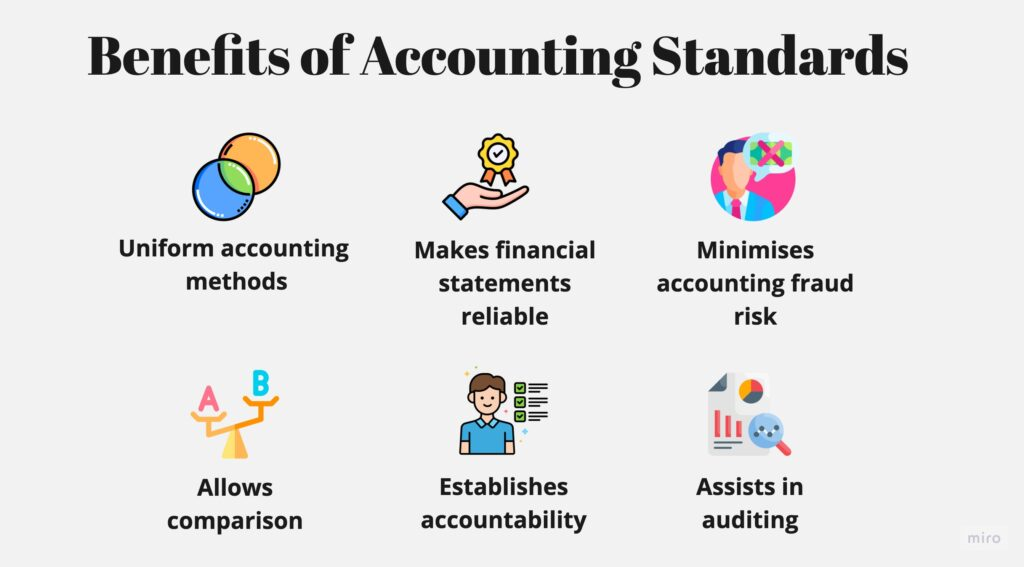Meaning and Need for Globalization of Accounting Standards
Globalization of accounting standards refers to the development and adoption of a common set of accounting rules and practices that are used across different countries. This aims to create a consistent and comparable framework for financial reporting, regardless of geographical location.
Meaning of Globalized Accounting Standards
At its core, globalization of accounting standards means that businesses, investors, and other stakeholders can interpret financial information using the same set of rules, regardless of the reporting entity's origin. This involves moving away from the diverse, country-specific accounting standards that have historically prevailed, towards a more unified approach.
Key aspects of this concept include:
- Uniformity: Standardized guidelines for recognition, measurement, presentation, and disclosure of financial information.
- Comparability: Financial statements prepared in one country can be easily compared to those prepared in another.
- Transparency: Clear and consistent reporting practices that improve understanding for all users of financial reports.
Need for Globalized Accounting Standards
The push towards global accounting standards arises from a variety of factors, primarily driven by the increased interdependence of economies and the growth of international trade and investment:
-
Facilitating Cross-Border Investment:
- Investors often operate globally, making investments across national boundaries.
- Standardized accounting makes it easier for investors to evaluate the financial performance of companies based in different countries, reducing confusion and uncertainty.
- This encourages the flow of capital internationally, which helps support economic development.
-
Enhancing Comparability:
- Companies that operate in multiple countries may prepare separate sets of financial statements using different standards. This makes it difficult for stakeholders to accurately compare performance.
- Global standards enable users of financial reports to compare companies' performance regardless of where they are located, leading to better-informed decision-making.
-
Reducing Reporting Costs:
- Businesses operating internationally are burdened with the cost of preparing financial statements in accordance with multiple accounting frameworks, increasing costs and creating complexities.
- Global accounting standards can eliminate this redundancy, leading to significant cost reductions for businesses.
-
Promoting Transparency and Reliability:
- Diverse standards can sometimes obscure a company's true financial position.
- Adopting a single high-quality standard enhances transparency and reliability, fostering trust in financial reporting.
- This helps increase the credibility of the reported information, reducing the risks of financial malpractice.
-
Increasing Capital Market Efficiency:
- Transparent and comparable financial information makes capital markets operate more efficiently, by reducing information asymmetry and enhancing investor confidence.
- The markets can correctly price financial assets, ensuring that the cost of capital is appropriate and helping in efficient allocation of resources.
-
Supporting Economic Growth:
- When investors and businesses can trust financial information, it leads to higher levels of trade and investment, contributing to global economic growth.
- It provides a solid foundation for long-term economic stability and development.
In conclusion, the globalization of accounting standards is driven by the need to enhance transparency, comparability, and reliability in financial reporting, thus supporting global investment, cross-border trade, and overall economic development. It aims to establish a common language for business that promotes efficiency and accountability.


No Comments